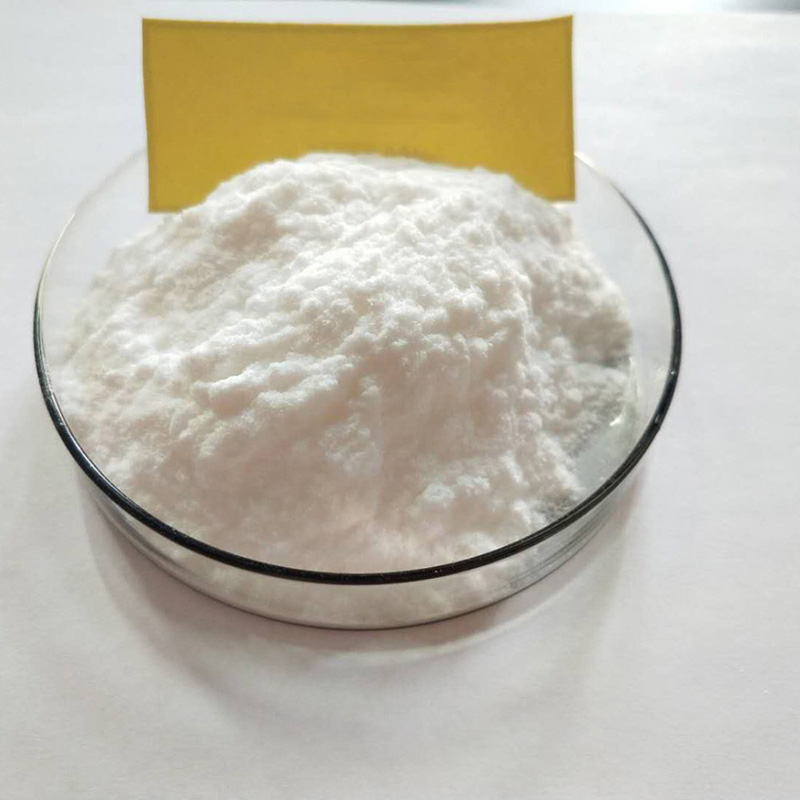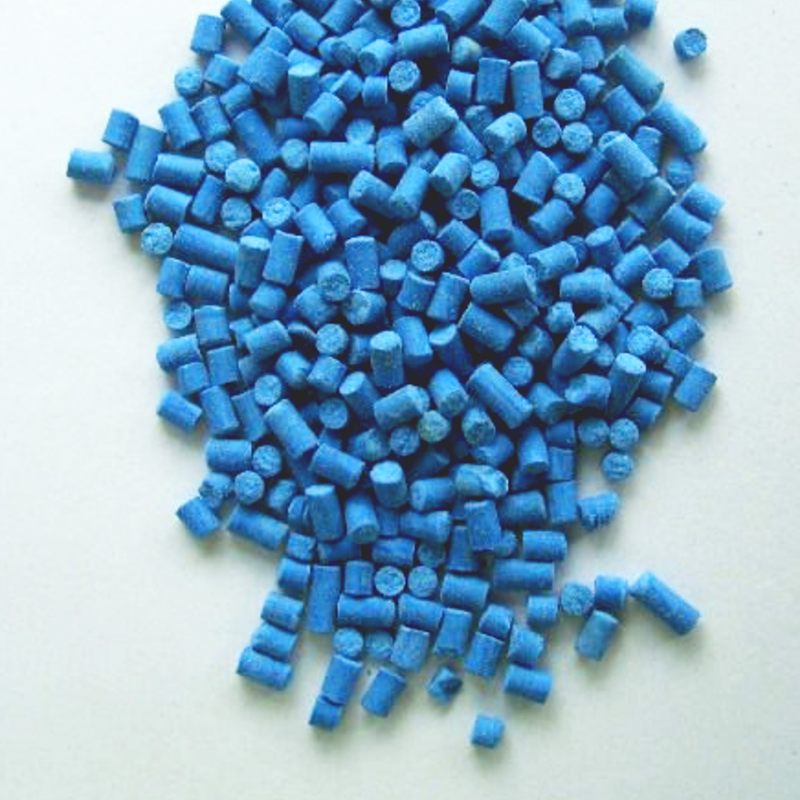Acetamiprid systemic insecticide for pest control
Product description
Acetamiprid is a systemic insecticide suitable for application to foliage, seeds and soil. It has ovicidal and larvicidal activity against Hemiptera and Lepidoptera and controls adults of Thysanoptera. It is active principally by ingestion although some contact action is also observed; penetration through the cuticle, however, is low. The product has translaminar activity, allowing improved control of aphids and whiteflies on the underside of leaves and provides residual activity lasting up to four weeks. Acetamiprid demonstrates ovicidal activity against organophosphate-resistant tobacco budworms and multi-resistant Colorado beetles.
The product shows a high affinity for the insect binding site and a much lower affinity for the vertebrate site, allowing a good margin of selective toxicity to insects. Acetamiprid is not metabolised by acetylcholinesterase thus causing uninterrupted nerve signal transmission. Insects demonstrate symptoms of poisoning within 30 minutes of treatment, showing excitement and then paralysis prior to death.
Acetamiprid is used on a large variety of crops and trees, including leafy vegetables, citrus fruit, grapes, cotton, canola, cereals, cucumbers, melons, onions, peaches, rice, stone fruit, strawberries, sugar beets, tea, tobacco, pears, apples, peppers, plums, potatoes, tomatoes, house plants, and ornamental plants. Acetamiprid is a key pesticide in commercial cherry farming, since it is effective against larvae of cherry fruit flies. Acetamiprid can be applied to foliage, seed, and soil.
Acetamiprid has been classified by the EPA as ‘unlikely’ to be a human carcinogen. The EPA has also determined that Acetamiprid has low risks to the environment compared to most other insecticides. It is not persistence in soil systems but may be very persistent in aquatic systems under certain conditions. It has a moderate mammalian toxicity and it has a high potential for bioaccumulation. Acetamiprid is a recognised irritant. It is highly toxic to birds and earthworms and moderately toxic to most aquatic organisms.














